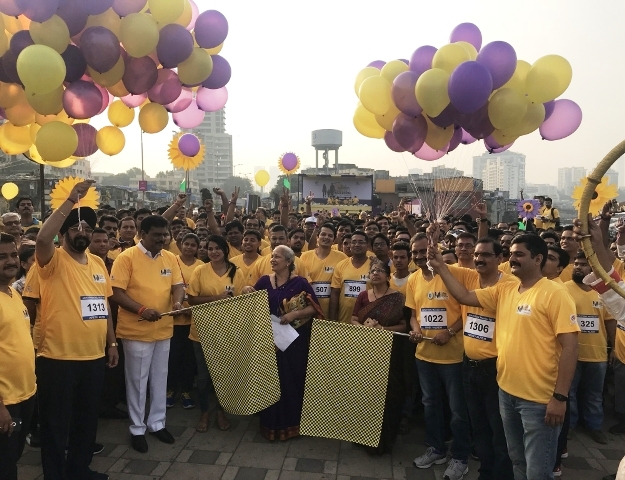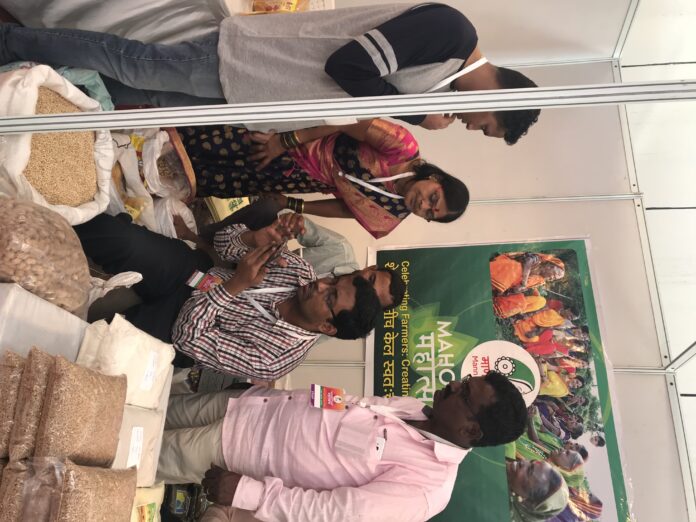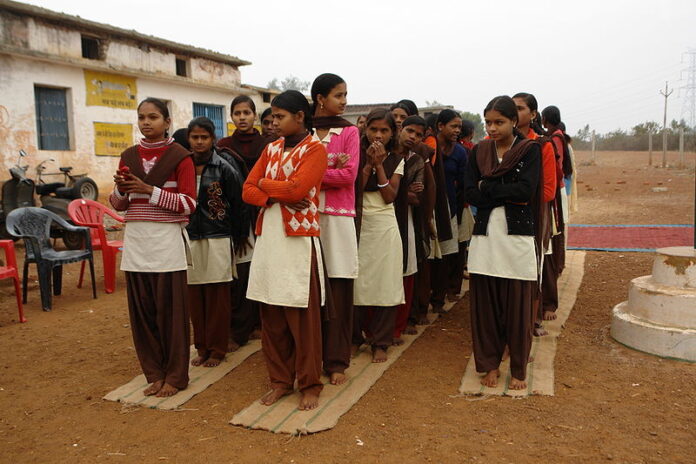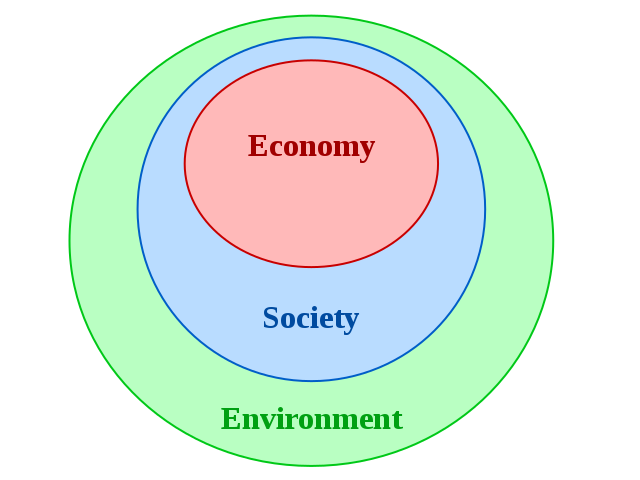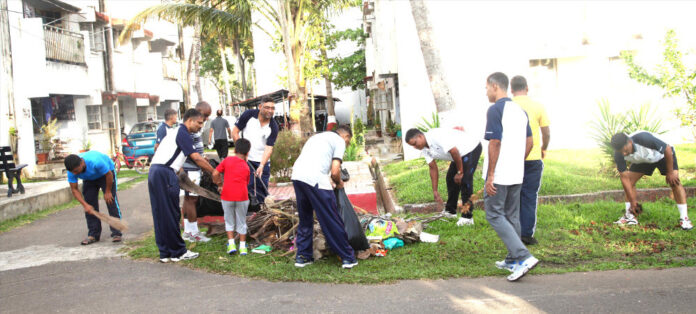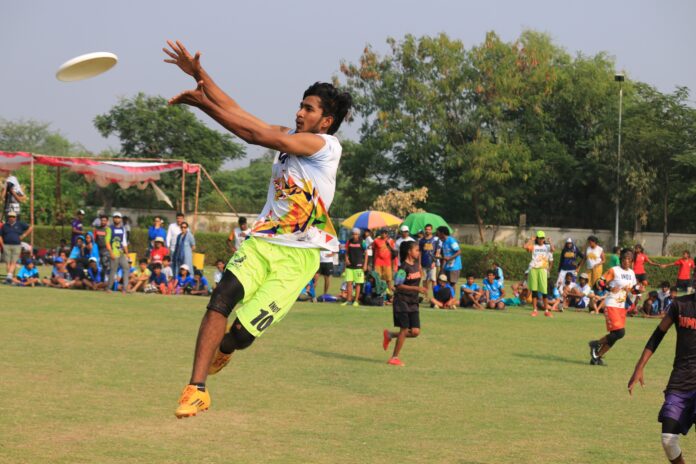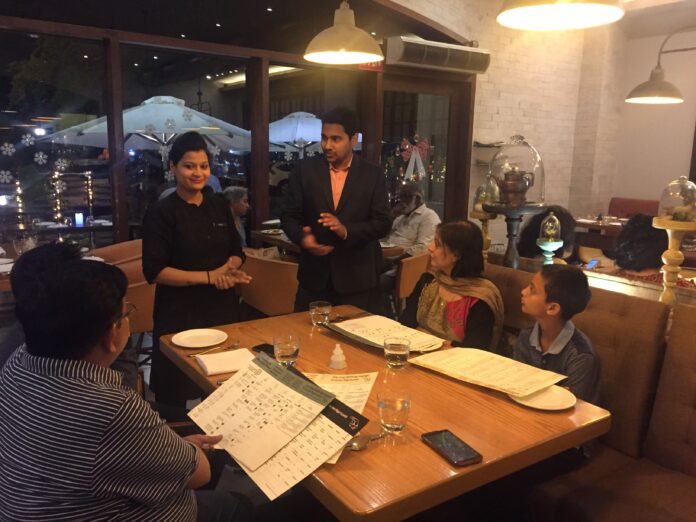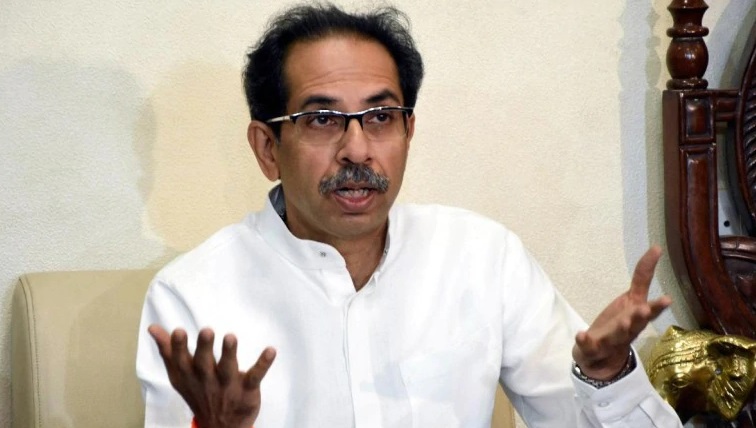Running, and especially marathon running, is one of the fastest growing sports in the world. Companies too are willing to sponsor and participate in them. The participants are a mixed bag. These are people who around work, school, fun, social media, and all the other hobbies that they’re interested in, have adopted running. To imbibe the culture of health and living an active lifestyle and the benefits that comes from running. At par with that reason, are people coming out to support various social causes through this popular but relatively nascent sport in India.
Wockhardt Hospitals, a center for liver transplant, is conducting one of the most innovative campaigns, where more than 35 Liver transplant recipient and living donor are participating in the Tata Mumbai Marathon. All the participants will take part in Dream run category (6.6KM).
All these participants are yet to complete one year after their operation. Running a dream run is the best way to show the benefits of organ transplant to the society and the donor family. With developments in the science and medical technology, Liver Transplant has now become a very safe treatment option for patients with advanced liver diseases. Now after liver transplant or after donating a part of liver, both the patients and donors can lead a very healthy and active life. A lot of myths still dissuade majority of patients and healthy family members from liver transplant and liver donation.
As per the data released by Government in August 2017, 12,000 people are on the wait list for organs in Maharashtra itself.
‘Urban Feet – A Run for Women’s Safety’ was organised for the second consecutive year. With the theme #SheRiseWeRise, Urban Feet urged every female participant to bring a male partner to run along with them. Giving out the message that it is the duty of every man, to keep women safe, empower them and treat them equally by participating in a night run.
More than 500 zealous participants from various walks of life ran in the 7kms run. Over 100 girls from Akshara Center, Mumbai Police official, along with celebrity fitness trainers’ and influencers participated in ‘Urban Feet’, Mumbai’s night marathon.
Currently 41 lakh Indians have been diagnosed with Dementia. 90% of dementia cases remain undiagnosed and doctors say cases of dementia & Alzheimer’s is on a rapid rise in the urban areas.
To spread awareness, Alzheimer’s & Related Disorders Society of India (ARDSI), Mumbai Chapter organised the “Awarathon Mumbai”, which included citizens from all strata of society, medical practitioners, caregiver, corporate people, NGO, volunteers.
Super model, actor, Ultraman and Pinkathon founder Milind Soman recently held the Sixth Edition of COLORS Pinkathon Mumbai. Pinkathon aims at empowering Indian women to encourage and promote fitness & health among women and create awareness for Breast Cancer, Bone health, Thyroid disorder and other issues relating to women’s health.
Quite clearly, the appetite for road running is growing at such pace that recorded races alone are touching 900 annually in India. It is important to create awareness about a variety of causes, which require a long overdue attention. As individuals, by participating in marathons, it is a great social responsibility we, as individuals, are utilising to spread the right message to the masses.
Thank you for reading the story until the very end. We appreciate the time you have given us. In addition, your thoughts and inputs will genuinely make a difference to us. Please do drop in a line and help us do better.
Regards,
The CSR Journal Team

